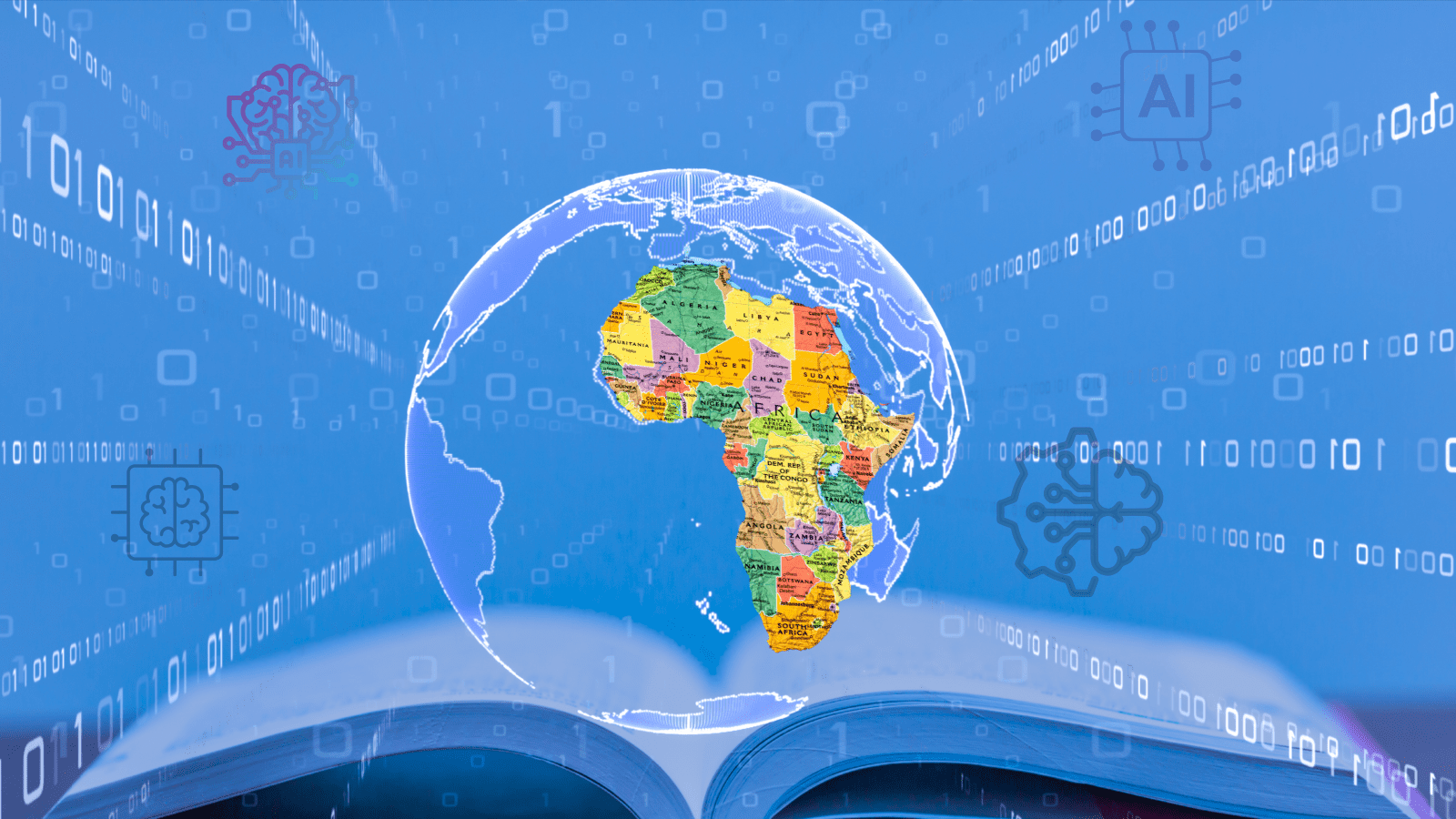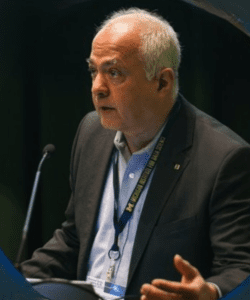Bridging Continents, Advancing AI:
U-M Partners with African Scholars for Global Innovation

By Scott Kemps, Communications Specialist
_______
A groundbreaking partnership leveraging the University of Michigan’s research strengths in artificial intelligence is aiming to create meaningful innovations with communities an ocean away.
Supported by nearly $6 million from Schmidt Sciences, the U-M AI African Fellows program brings together world-class researchers to tackle critical scientific challenges, foster a dynamic exchange of knowledge and innovation and drive innovation across disciplines.
The partnership is designed and led by the Michigan Institute for Data and AI in Society (MIDAS), working together with the U-M African Studies Center.
H.V. Jagadish, director of MIDAS
A Vision for Long-Term Impact
Under the program, African fellows spend their first year at U-M, working alongside faculty mentors, participating in AI training, and engaging in collaborative research. In their second year, they return to Africa, equipped to implement cutting-edge techniques and foster sustainable research networks in their communities.
The program takes an interdisciplinary approach, combining expertise from multiple fields, such as mathematics, engineering, and computational science, to address complex challenges. U-M faculty, like Dr. Nicholas Kotov, the Joseph B. and Florence V. Cejka Professor of Chemical Engineering, emphasize the democratizing power of AI and the unique contributions African scholars bring.
“The teaching programs in Africa may be young, but the research is advanced due to the incredible talent on the continent,” Kotov said.
By combining U-M’s resources with African expertise, the fellowship aims to build enduring networks and collaborative frameworks.
“Our goal is to design an all-encompassing program that ensures fellows can execute their learnings effectively and create environments where their communities can thrive,” said Joseph Kamau, a scientist working for Kenya’s Institute of Primate Research and a member of the U-M Center for Global Health Equity who serves as a committee member for the fellow program.
Beyond individual mentorship, the university’s Office of the Vice President for Research and the African Studies Center provides professional development and networking opportunities to amplify the fellows’ impact.
In March, the university will host a symposium on AI in science and engineering, creating a platform for global collaboration. Events like these ensure the partnership remains a model for international academic cooperation, blending research excellence with a shared mission of societal progress.
“This program reflects U-M’s unparalleled breadth of expertise and its ability to advance AI and Machine Learning technologies across fields,” Kotov said. “In turn, the diversity of perspectives enriches data science itself.”
Mutual Benefit: Strengthening AI Capacity Across Borders
The program has generated significant interest among African networks eager to strengthen AI capacity, said Dr. James Hassell, board member for the Science for Africa Foundation, a non-profit organization created to support, strengthen and promote science and innovation in Africa.
“Having the opportunity for people to spend a year at U-M, in the United States, and be incubated in the university has been really attractive, and we’re excited for the additional support that they will get through the Michigan community in areas like mathematics and data science, among others. And, I think that goes both ways,” Hassell said.
The fellows program aligns with growing momentum for AI development and utilization across Africa. In July 2024, the African Union Executive Council endorsed its inaugural Continental AI Strategy, emphasizing an Africa-centric, development-focused approach to artificial intelligence. This underscores Africa’s commitment to responsible AI, creating fertile ground for partnerships like the U-M AI African Fellows.
Additionally, several African nations are emerging as leaders in AI governance and innovation. Kenya, for example, has seen 27% of its population engage with AI tools like ChatGPT daily, reflecting a high level of public interest and adoption. Other countries, such as Ghana, are driving technological progress with AI-powered solutions like Google’s Flood Hub app, which now provides advanced flood warnings in 23 African nations.
“These efforts demonstrate the incredible potential of African scholars and institutions,” said Jagadish, who is also the Edgar F. Codd Distinguished University Professor of Electrical Engineering and Computer Science and Bernard A. Galler Collegiate Professor of Electrical Engineering and Computer Science “Our program complements these initiatives, creating a synergy between global academic expertise and Africa’s rapidly growing AI ecosystem.”
For more information about the U-M AI African Fellows program and upcoming events, visit the Michigan Institute for Data and AI in Society website or contact MIDAS at [email protected].
